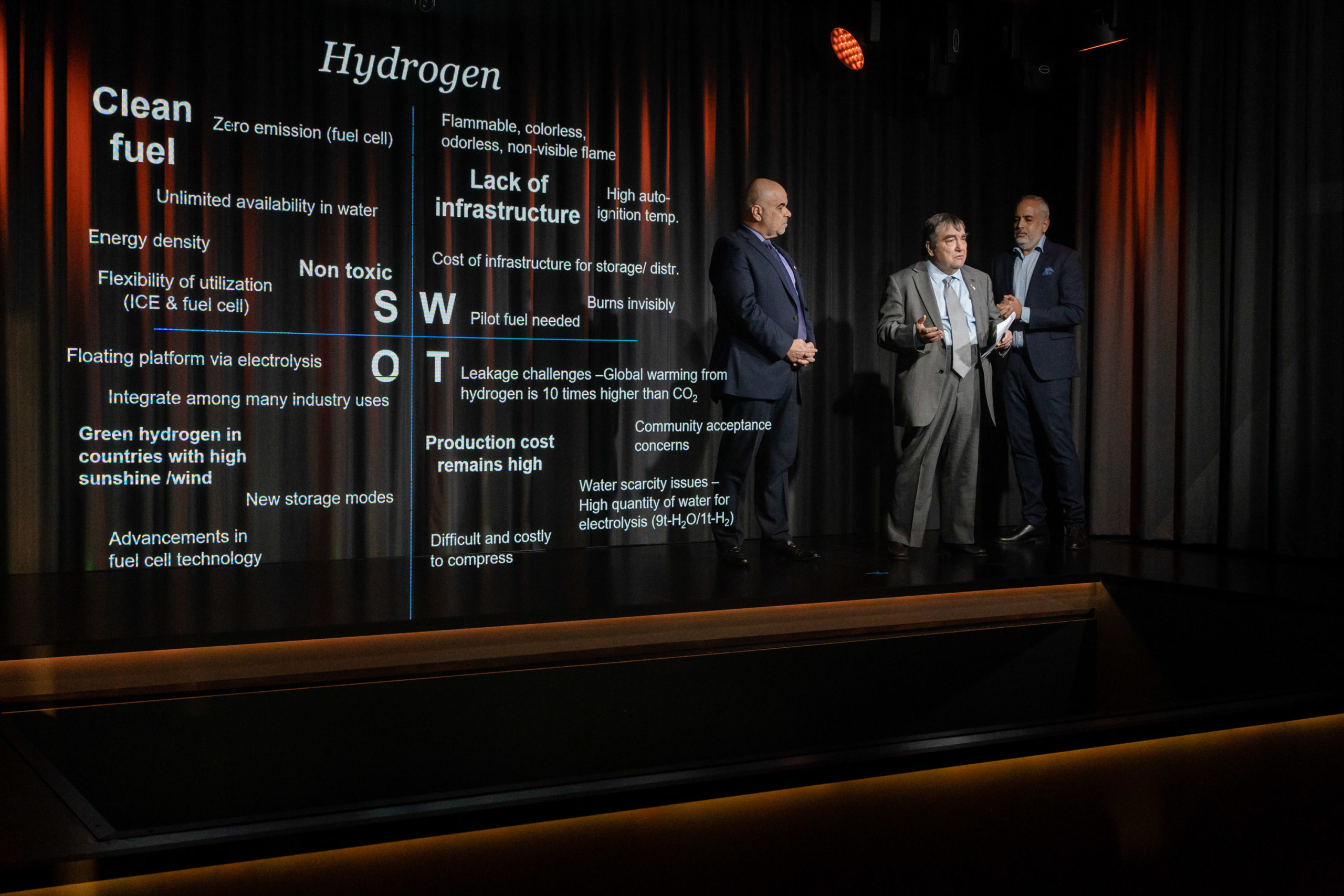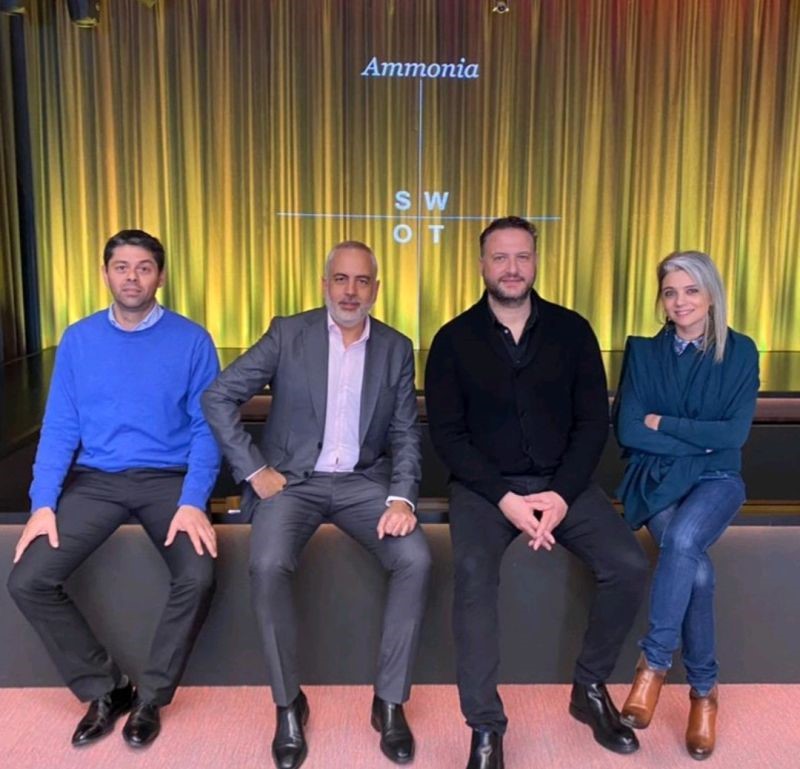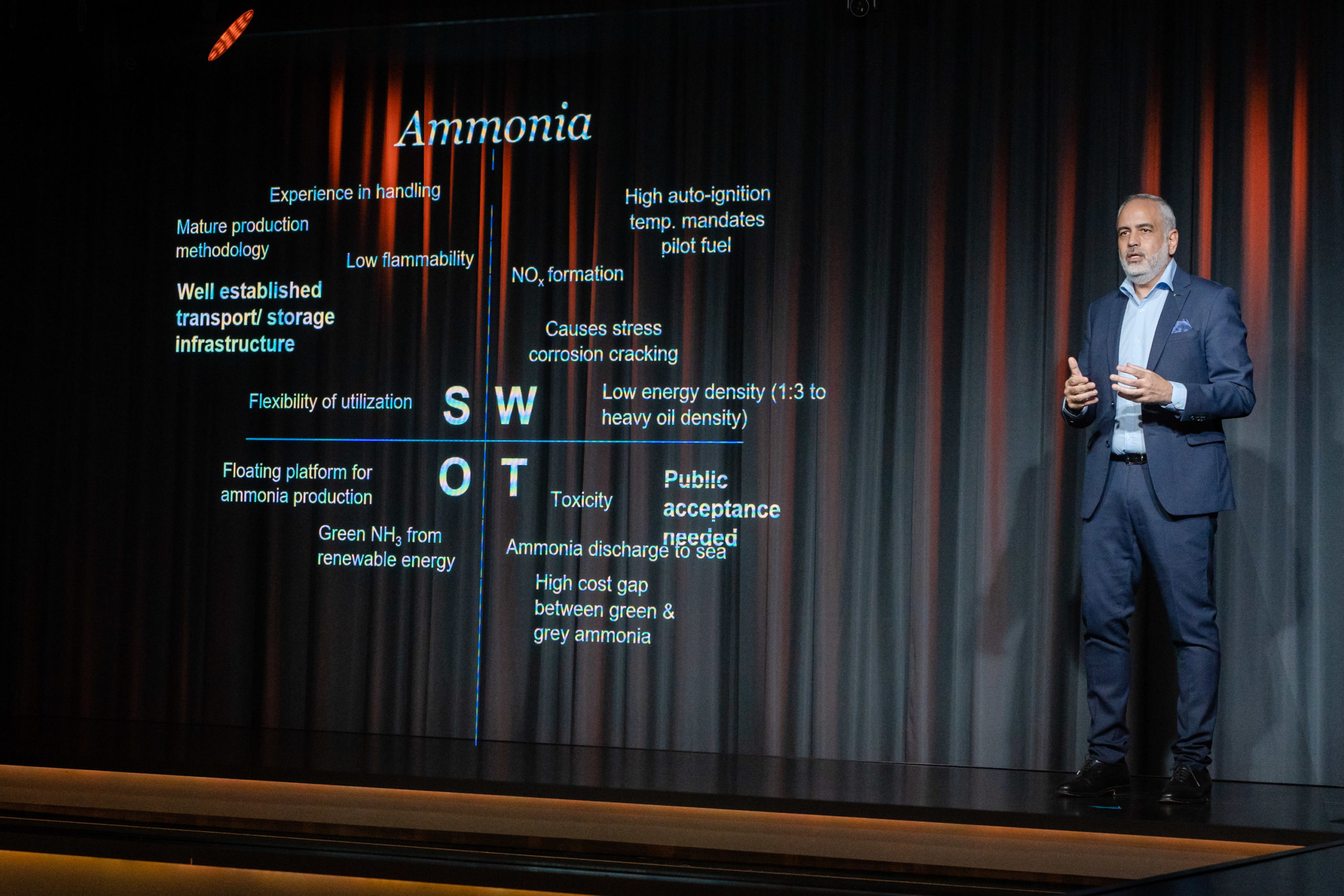Regulators should not limit their role into the formulation and effective implementation of the regulatory framework at national, regional and global scale. When it comes to shipping, there is a clear need for a vision, an extrovert approach towards the industry and a strong determination to act proactively in meeting effectively the challenges. Regulators must always work towards contributing to a positive change to global shipping by taking initiatives that could lead to a better (fit-for-purpose) regulatory framework and to create a stable environment for an effective investment planning and decision making.
When it comes to the greatest challenge of decarbonization, the only certain parameter is the uncertainty on the effectiveness and suitability of the future green fuel technologies. In this respect, there is an urgent need to ensure an efficient utilization of all the available funds for research and innovation both at global and EU level.
Earmarking around 2 billion Euro of the revenues of the EU Innovation Fund for the maritime sector can mark a turning point in the decarbonisation of the industry. Initiatives at global level for an R&I fund for the greening of shipping are also welcomed. The next question is to ensure that effective governance of the funding mechanism is in place, allocating the financial resources for R&I to green fuel technologies that are considered to have the greatest potential, focusing and prioritizing on those technologies that will accelerate the take up of these fuels contributing meaningfully to the decarbonisation of the sector. We need a targeted R&I strategy for the greening of shipping!
Towards this direction, the Shipping Deputy Ministry of Cyprus with the support of the Division of Energy and Innovation of the University of Houston organized in January 2023 a three-hour webinar live streamed with 400 experts from around the world assessing the strengths, weaknesses, opportunities and threats of alternative fuels including hydrogen, ammonia, biofuels and methanol. The live SWOT Analysis addressed all the major parameters such as engine safety and compatibility risks, fuel costs, suitability of fuels for short and long-distance routes, global availability and a timeline for uptake.
The event was hosted in the impressive PwC Experience Centre. A team of experts populated the SWOT analysis matrix in real time on the hologram stage.
The conclusions provide critical insights to regulators, equipment manufacturers, shipping companies, class, academics, and NGOs – all of whom will play key roles in the formation and implementation of effective legislation relating to these potential fuels of the future.
Click below to:
- read the conclusions: SWOT Analysis FINAL RESULTS https://www.dms.gov.cy/dms/shipping.nsf/All/42B01C3B2066465EC22589650024667C/$file/SWOT%20Event%20Report.pdf
- watch the video of the event: https://www.youtube.com/watch?v=7-N3UkxCg4U


